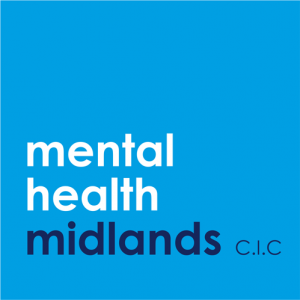In this blog we cast a brief eye over depression in the workplace. We’ll look at the impact of it and a give a little insight in what depression actually is. We’ll provide a little taster of the fascinating and highly important world of mental health. Why are so many employers now focusing on mental health concerns, and why is depression such a key issue in the workplace?
‘I’m so depressed!’

It is more than likely that you have heard someone throw their arms up in the air and cry that they are depressed. Are they though? What on Earth is depression? Why’s it such a bother and why do people complain about it so much?
The first point that needs to be made is that depression is not simple a ‘sad’ feeling. Often when people state that they are depressed they actually mean that they are feeling a little down. That’s not depression though, depression is by no means a passing mood.
Depression is a real illness with very real symptoms [1]. Depression can leave a person persistently ‘down’ or ‘sad’ for weeks or even months at a time. Depression does not have a single definable cause – so it’s not a simple case that someone may have an event like a break-up causing depression (though events can be a catalyst to underlying conditions).
There is a common ill-conceived phrase – ‘depression is caused by a chemical imbalance’. There are several chemicals in the brain which can affect depression, but by no means are this many chemicals the sole causes of depression. Your entire personality is made up of millions of chemical interactions. However, genetic factors and stressful life-events can play a part in causing depression. Nerve cells in your brain also factor in. [2] Is it any wonder that depression can lead to such a wide variety of symptoms?
So, what are the symptoms?

Being able to spot symptoms of depression is really quite vital. Actual clinical depression can be quite a hidden illness. For example, the wife of late rock singer Chester has talked openly about how there were no signs before he committed suicide [3]. In fact, that’s a recurring theme in many suicides. Many people do not see the symptoms before it’s too late [4]. As we mentioned in our blog previously there are issues of mental health illnesses being concealed or undiscussed – particularly amongst men. So, spotting the symptoms of depression in the workplace can be
Symptoms of depression can include low moods, low or lacking self-esteem, feelings of abject hopelessness or sleep problems. Though there are too many to simply list!
How does depression in the workplace present itself?
Two key terms are presenteeism and absenteeism. Depressed people can struggle with even being able to find the motivation to get themselves out of bed, so physically attending work can be a challenge. And if you do have someone suffering from depression in the workplace who is able to get into work, the chances are that their physical presence does not necessarily equate to being engaged in their work.
Depression in the workplace can also affect social interactions, decision making and time management. All of which means that someone suffering with depression in the workplace is not only in a dark place they are creating issues for your business through no fault of their own.
Solutions
The only solution is to develop a good understanding of mental health issues like depression. Being able to spot the tell-tale symptoms of depression, and being equipped to support someone who is struggling with depression are so important for both them and your business. Taking a Mental Health First Aid course gives you everything you need to be able to cater for mental issues and to bridge the taboos of talking about mental health in the workplace. Get in touch if you would like to know more about the courses we provide!
We can help
Based in Wolverhampton, Mental Health Midlands is a first-class training provider supporting businesses in Wolverhampton, Birmingham, Walsall and the Black Country. We provide recognised course in mental health such as two-day courses to become Mental Health First Aiders to basic entry level half day mental health courses to aid understanding of a misunderstood area. We help businesses to overcome mental health issues and break the stigmas around mental health in the workplace.











